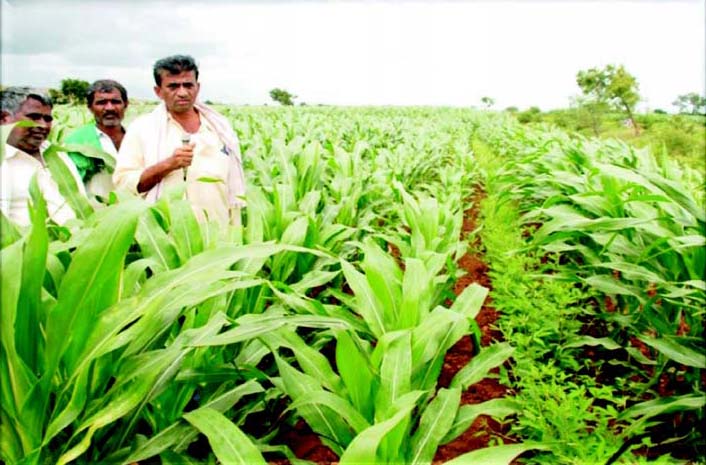Term Path Alias
/topics/irrigation
Guest post by : Er. Radhey Shyam Goel
1. Introduction
1. Introduction
Two writ petitions were filed in 2002 on the subject of interlinking. The judgement finally passed in 2012 directs the implementation of this project. This judgement is disturbing for the following reasons:
Article Courtesy : Hydrology and Earth System Sciences (HESS)
Authors : A.N. Laghari, D.Vanham, and W.Rauch
Author : Rasika Gokhale Athawale
Author : Neelima Garg
The sessions were as follows:
Article and Video Courtesy : Association for India's Development - Johns Hopkins University
Author : Nishikant

 Bagmati River at Pashupatinath Temple, Kathmandu, Nepal (Photo: IUCN\Stefano Barchiesi)
Bagmati River at Pashupatinath Temple, Kathmandu, Nepal (Photo: IUCN\Stefano Barchiesi)